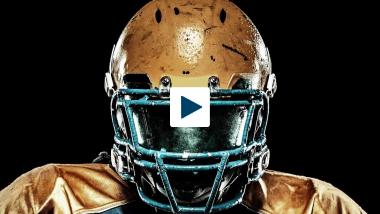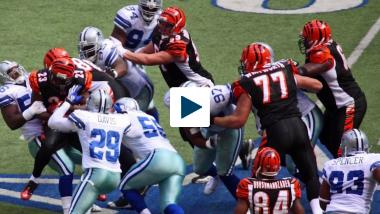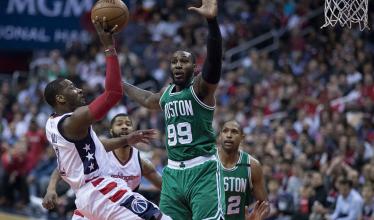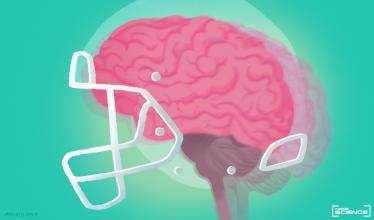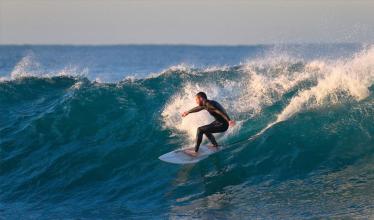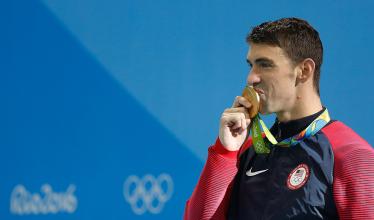Sports
 Go hard science or go home
Go hard science or go home
In our sports coverage, we focus on physical demands, human performance, statistics, sports medicine, modern equipment and thoughtful analyses of the players, teams and games we love. From baseball to sailing to basketball to golf, from football to tennis to running to obscure sports, we seek the revealing secrets behind these competitions.
How new and improved sports protection equipment could help in concussion prevention.
Concussions are "functional" injuries -- not something seen in a brain scan or a blood draw but in myriad symptoms arising from altered circuitry in the brain.
New protocols, more societal recognition and advances in understanding and managing concussion have improved safety at all levels of sports.
The vast majority of traumatic brain injuries are concussions. Researchers talk about the problem of these head injuries in sports.
Skipping regular season games may have little effect on playoff performance and injury prevention.
In annual speed test, international teams must negotiate the complexities of aerodynamics and airflow.
Ongoing studies try to quantify the risks and benefits of contact sports.
Scientists utilize fluid dynamics to optimize fins for shredding the gnar.
Both Tour de France racers and recreational cyclists can improve performance by riding hardest into the wind.
Renowned swimmer discusses the strategies and expert guidance that helped him win 28 Olympic medals.
Findings could lead to a future drug that mimics the health benefits of exercise.
The Coriolis effect has a small but measurable effect on the path of balls and athletes during sporting events.

